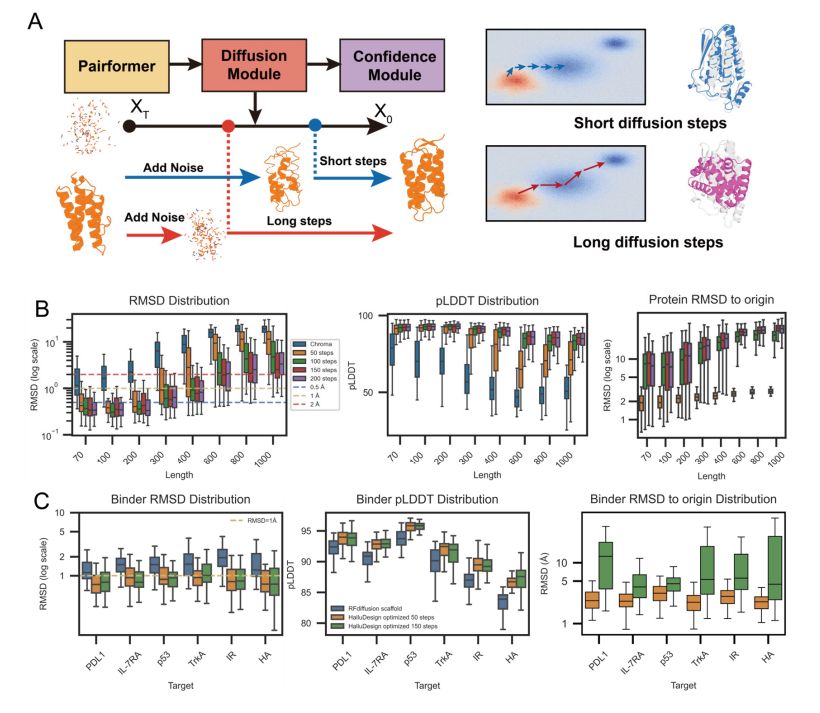
https://shubhendu-trivedi.org

These marked a shift of communication moving from the public to a more private interaction before eventually going public again.
This phone served more than a way to talk. It served as a social and practical anchor.




तुम भी कोई मंसूर हो जो सूली पे चढ़ो.. ख़ामोश रहो ~ इब्न-ए-इंशा
तुम भी कोई मंसूर हो जो सूली पे चढ़ो.. ख़ामोश रहो ~ इब्न-ए-इंशा

(Doesn't mean anything, just a phrase stuck in my head since morning).
(Doesn't mean anything, just a phrase stuck in my head since morning).
www.biorxiv.org/content/10.1...




www.biorxiv.org/content/10.1...
@mathforge.org has done what I’ve never been organised enough to do myself, and catalogued every #geometrypuzzle I’ve ever posted on social media. It looks amazing!

@mathforge.org has done what I’ve never been organised enough to do myself, and catalogued every #geometrypuzzle I’ve ever posted on social media. It looks amazing!
A bit of international context illustrates the real issue here.
U.S. stocks have dramatically underperformed other advanced economies.




